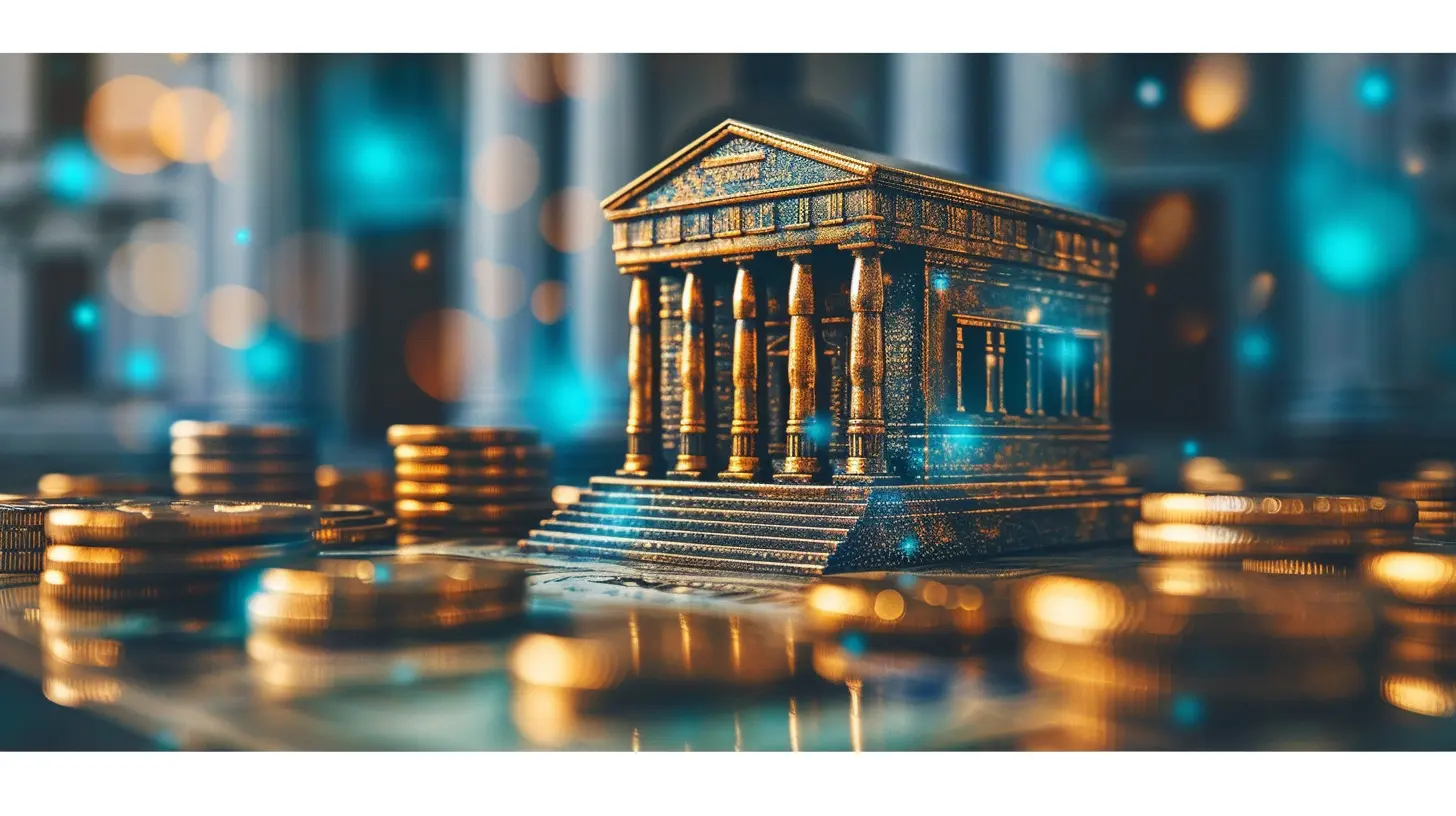18 April 2025
Let’s talk about something that quietly eats away at your money and often leaves you scratching your head: hidden bank fees. These sneaky little charges are like the ninjas of personal finance—they appear out of nowhere, steal your hard-earned cash, and vanish without a trace. And let’s be real, nobody likes surprises when it comes to their money.
But guess what? You're not powerless here. With some insight and a few proactive steps, you can outsmart these pesky fees and keep your account balance looking as healthy as ever. Ready to dive in? Let’s break it down.
What Are Hidden Bank Fees?
Before we jump into the “how-to” part, let’s define what we’re talking about. Hidden bank fees are charges your bank applies that you might not immediately notice. They're tucked away in the fine print of your account agreement—you know, the one you skimmed (or didn’t read at all) when opening your account.These fees can show up in many forms: monthly maintenance charges, overdraft fees, ATM withdrawal fees, foreign transaction fees, minimum balance penalties, and more. It's like ordering your favorite meal at a restaurant only to find out later they charged you extra for the sauce. Annoying, right? 
Why Do Banks Charge Hidden Fees?
Honestly, banks aren’t being shady for the fun of it. Banks are businesses, and fees are part of how they make money. For every check you write, ATM withdrawal you make, or account statement you receive, there’s a cost to the bank. Fees help cover those costs (and, let’s be honest, boost their profits).The problem? Many of these fees aren't clearly communicated. Instead, they hide in the murky depths of the terms and conditions, waiting to catch you off guard.
But don’t worry—you’re about to become a fee-dodging ninja yourself. 
12 Practical Ways to Avoid Hidden Bank Fees
Here comes the good stuff. Follow these tips, and you’ll be well on your way to keeping your cash out of your bank's hands and firmly in your pocket.1. Opt for a No-Fee Checking Account
One of the easiest ways to sidestep hidden fees is to pick the right bank account from the start. Many banks offer checking accounts with no monthly maintenance fees, no minimum balances, and no sneaky charges.Pro tip: Credit unions and online banks are often more fee-friendly than traditional banks. They tend to have fewer overhead costs and pass those savings on to you.
2. Read the Fine Print (Yes, Really)
Look, I get it—the fine print is boring, and deciphering bank jargon isn't anyone's idea of a good time. But taking 15 minutes to read your account’s terms and conditions can save you loads of money down the line.Be on the lookout for things like minimum balance requirements, overdraft protection terms, and ATM fees. Highlight or take notes so you know exactly what to expect.
3. Maintain the Minimum Balance
Does your account require a minimum balance to avoid fees? If so, make sure you stay above that threshold. Otherwise, you could be hit with a monthly penalty that could’ve easily been avoided.If you’re worried about dipping below the limit, consider setting up alerts. Most banks let you set notifications when your balance gets too low.
4. Use Your Bank’s ATM Network
We’ve all been there—you’re out and need cash ASAP, so you hit the nearest ATM, only to get slapped with an expensive fee. Non-network ATM fees can range from $2 to $5, and that’s per transaction.Stick to ATMs in your bank’s network, or better yet, use a bank that reimburses you for out-of-network fees.
5. Avoid Overdrafting
Overdraft fees are like a slap on the wrist, but instead of stinging for a moment, they sting your wallet for $30 or more.To avoid overdrafting:
- Keep an eye on your account balance.
- Set up overdraft protection, but beware—this may come with its own fees.
- Consider linking your checking account to a savings account for automatic transfers when funds run low.
6. Go Paperless
Believe it or not, some banks charge you for mailing paper statements. It seems small—maybe $2 or $3 a month—but that adds up over time.Going paperless isn’t just budget-friendly; it’s also eco-friendly. Plus, digital statements are easier to manage and keep track of.
7. Be Careful with Foreign Transactions
Planning to travel abroad? Watch out for foreign transaction fees. These charges can cost you 1% to 3% of every purchase.To dodge these fees, consider using a credit card with no foreign transaction fees or converting cash before your trip.
8. Understand Withdrawal and Transfer Limits
If you have a savings account, keep an eye on how often you’re withdrawing or transferring money. Exceeding the federal withdrawal limits (yes, there’s a limit, usually 6 transfers per month) can trigger a fee.If you need frequent access to your funds, consider a checking account instead.
9. Stay on Top of Account Activity
One reason hidden fees catch people off guard is because they’re not actively monitoring their accounts. Make it a habit to check your account regularly.Look out for unexpected charges and dispute anything that seems fishy. Apps and online banking make this super easy—no excuses!
10. Set Up Direct Deposit
Many banks waive monthly maintenance fees if you set up direct deposit. That’s because direct deposits signal to the bank that you’re a reliable customer.If you’re not already using direct deposit, it’s worth the switch—not just to avoid fees, but for convenience, too.
11. Ask Your Bank to Waive the Fee
Did you know you can sometimes get fees waived just by asking? A quick phone call to customer service could save you $30 or more.Here’s a little secret: Banks want to keep your business. If you’re a loyal customer (or a polite complainer), they might be willing to cut you some slack.
12. Consider Switching Banks
If your bank seems fee-happy and you feel like you’re constantly fighting hidden charges, it might be time to shop around.Look for a bank or credit union that aligns with your financial needs. Many options out there cater to customers who value transparency and low fees. 
The Bottom Line
Nobody likes paying for things they didn’t agree to, and hidden bank fees are the perfect example of that. But the good news is, they’re avoidable! By staying informed, monitoring your accounts, and making smarter choices, you can outfox those sneaky charges and keep more of your money where it belongs—in your wallet.Remember, knowledge is power when it comes to personal finance. Sure, it takes a little effort upfront, but the payoff is worth it. After all, why give your hard-earned money to the bank when you could use it for something you actually enjoy?




Benjamin Duke
“Hidden fees are like surprise parties—nobody likes them! Check your statements more often than you check your fridge, and you might just find some savings lurking!”
April 18, 2025 at 2:26 AM